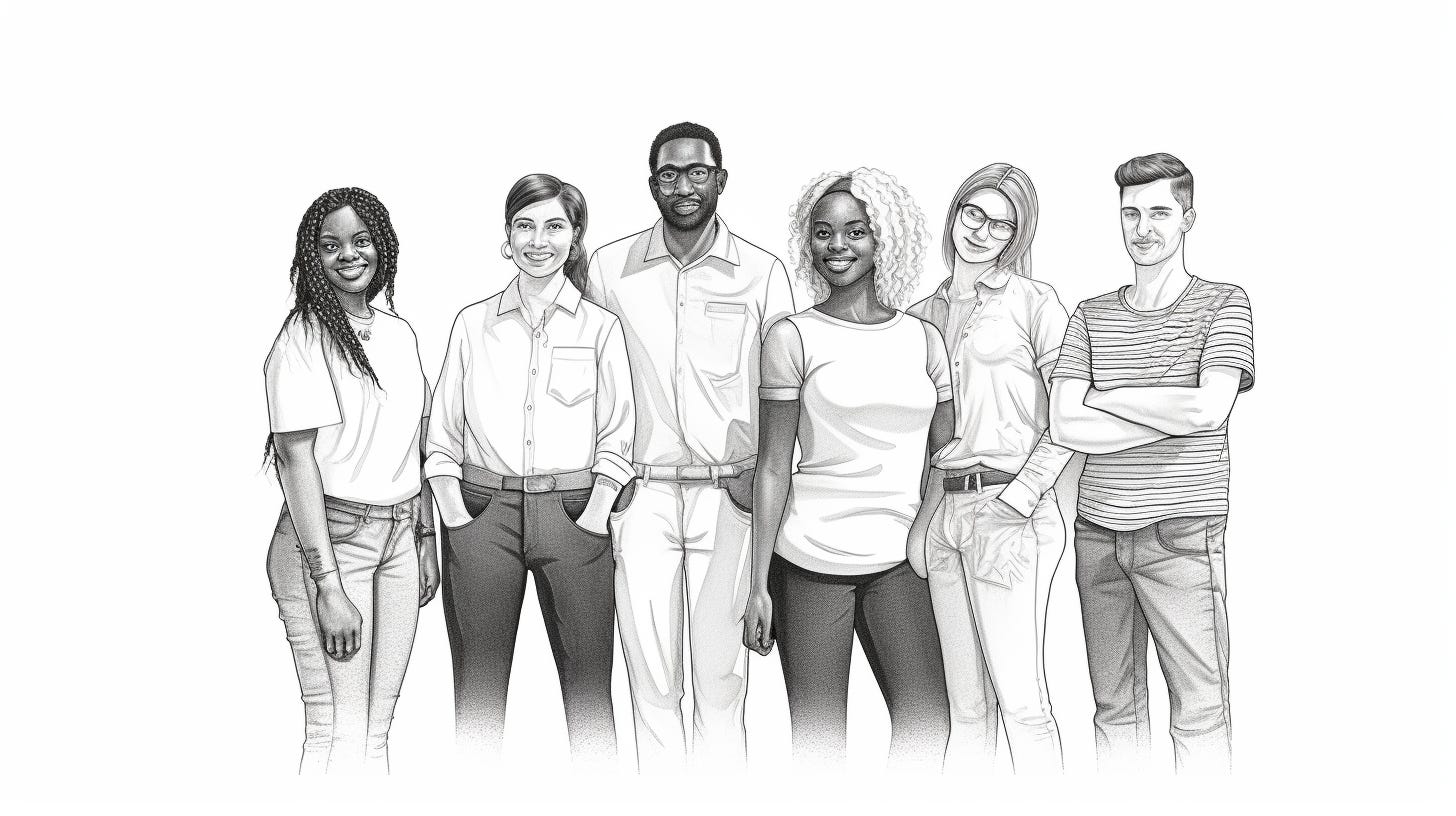Despite the commonly accepted image of software engineers being hoodie-clad hackers coding away in isolation, reality is that past junior levels “soft” (aka social) skills become more and more important to your effectiveness as an engineer.
For many of us, that’s an anxiety inducing thought. We fell into this career because we’re hoodie-clad hackers who like to code away in isolation. Now you’re telling me I have to talk to people? Well, yes, but a little can go a long way.
Professional software engineering is a team sport.
Here’s a few concrete ideas that have helped me get better at the team aspect.
15 minute meet and greet
Typical advice is “you should meet Jimmy on the Platform team, schedule a 1:1!”, and a typical 1:1 is 30 minutes (as is the default Google Calendar meeting length). For me, the idea of chit chatting for 30m with a stranger is agony. But 15m…15m is just enough to do some introductions, backgrounds, make a joke about the weather, and ask some questions about what the other person is working on.
Here’s your opening script to kick off an easy conversation:
Hey Jimmy, thanks for taking a few minutes to meet. I don’t really have an agenda, I’m really just trying to put names to faces and get to know some more people. I figure we can start with some quick intros and background about ourselves and see where it takes us. You want to go first?
Mutual introductions practically always lead to revealing a common interest or at the very least something concrete for you to ask a followup question about to keep the conversation moving. And in the rare case that it doesn’t, thank the other person for their time, tell them you look forward to working together, and hop off the call early. The goal is to meet them and for them to meet you, not to fill an arbitrary amount of time on your calendar.
Build your own org chart
Start with your immediate team. From there, work upwards and outwards. Using the 15 minute strategy, meet your manager’s manager, the managers that report to that person, and the engineers that they manage, at the very least. If your immediate team are your siblings, this is like your set of 1st cousins (this is a useful analogy but keep in mind that these people are your coworkers not your family).
After each meeting, add the person to your org chart with some notes about them. Knowing who does what means you know who to go to when new questions or the need to work with another team arises. It also makes things much less awkward when you go to them to collaborate on something later..because you’ve already met! This will become one of your superpowers, and all it took was a few 15 minute chats.
Give praise in public
When someone does something great, however minor, consider giving them a public shoutout in Slack, Teams, or email. The message you send actually serves multiple purposes:
It tells the individual being praised that you appreciate them and their work
It shows the audience that you are someone who lifts others up
It’s an easy way to announce, celebrate, and bring visibility to your shared accomplishment
Here’s an easy template:
Quick shoutout to @coworker! They were instrumental in helping [project] get across the finish line this past quarter. We couldn’t have done it without them! Thanks for all that you do @coworker :)
Easy peasy, and goes a long way.
Note - some people may dislike public praise, so use your judgment here (or better yet, just ask first).
That’s all for now.





